Pancake Day Parade
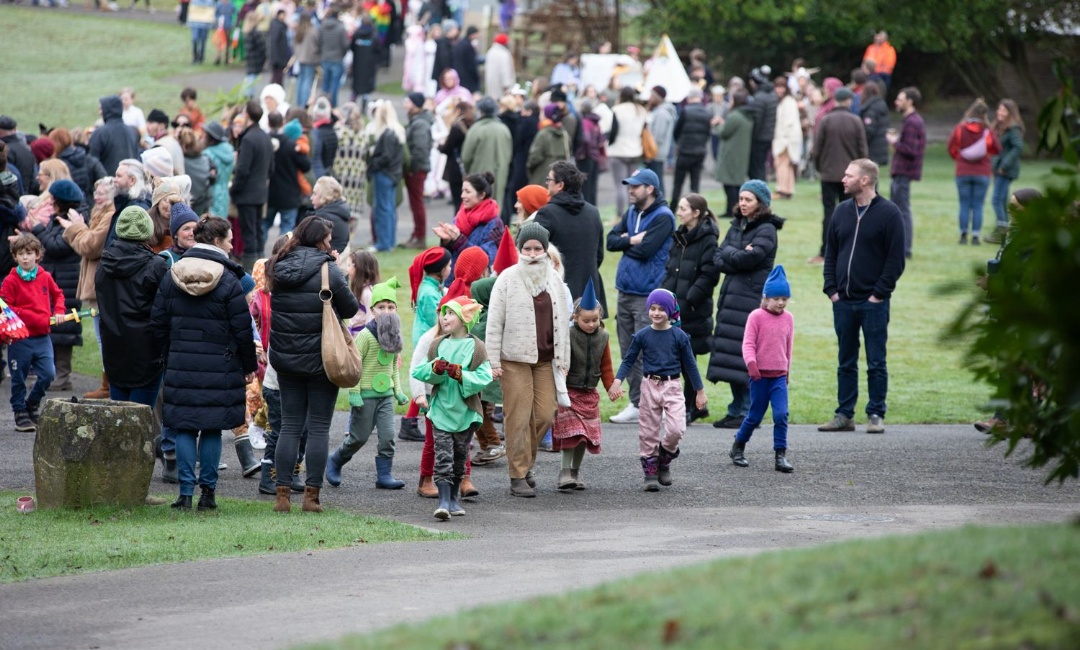
Pancake Day, or Shrove Tuesday, is the traditional feast day before the start of Lent on Ash Wednesday. Lent – the 40 days leading up to Easter – was traditionally a time of fasting and on Shrove Tuesday, Anglo-Saxon Christians went to confession and were “shriven” (absolved from their sins). A bell would be rung to call people to confession. This came to be called the “Pancake Bell” and is still rung today. Shrove Tuesday was the last opportunity to use up eggs and fats before embarking on the Lenten fast and pancakes are the perfect way of using up these ingredients.
In the UK, pancake races form an important part of the Shrove Tuesday celebrations – an opportunity for large numbers of people, often in fancy dress, to race down streets tossing pancakes. The object of the race is to get to the finishing line first, carrying a frying pan with a cooked pancake in it and flipping the pancake as you run. The most famous pancake race takes place at Olney in Buckinghamshire. According to tradition, in 1445 a woman of Olney heard the shriving bell while she was making pancakes and ran to the church in her apron, still clutching her frying pan. The Olney pancake race is now world famous. Competitors have to be local housewives and they must wear an apron and a hat or scarf.
At Westminster School in London, the annual Pancake Grease is held. A verger from Westminster Abbey leads a procession of boys into the playground where the school cook tosses a huge pancake over a five-metre high bar. The boys then race to grab a portion of the pancake and the one who ends up with the largest piece receives a financial reward from the Dean, originally a guinea or sovereign. In Scarborough, Yorkshire, on Shrove Tuesday, everyone assembles on the promenade to skip. Long ropes are stretched across the road and there might be ten or more people skipping on one rope. The origin of this custom is not known but skipping was once a magical game, associated with the sowing and spouting of seeds which may have been played on barrows (burial mounds) during the Middle Ages.
”Lent has been kept as a time of penance, of strict self-denial, and for contemplating the sufferings and temptations of Jesus Christ as he fasted forty days in the wilderness. Nowadays, the imposed strictness of Lent has been largely relaxed, and more emphasis placed on using the time to strengthen the inner life through spiritual education or appropriate self-discipline. The long fasts of Lent and Advent were once used to make pilgrimages or “progresses” to holy places. The word “progress implies not only the outer journey, but also the inner journey of the pilgrim – his progress in self-development.”
-
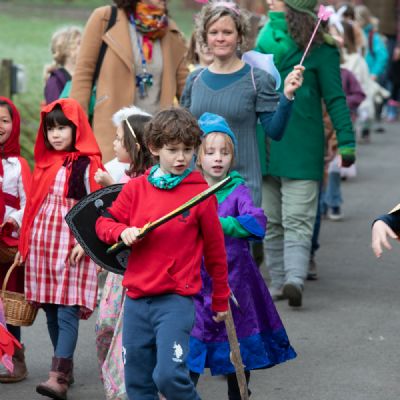
IMG1926
-
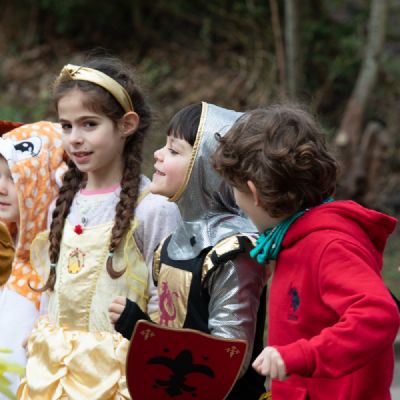
IMG1930
-

IMG1932
-

IMG1935
-

IMG1941
-
.jpg)
IMG19531)
-

IMG1959
-

IMG1968
-

IMG1969
-
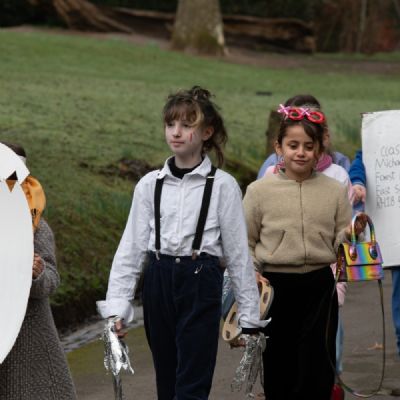
IMG1971
-
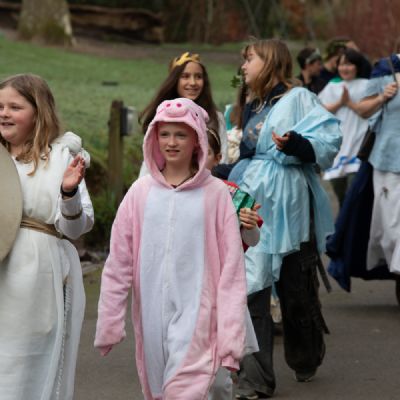
IMG1974
-

IMG1982
-
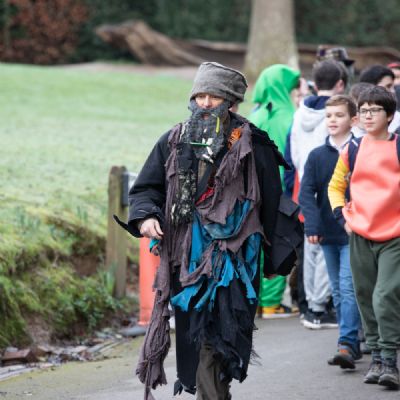
IMG1989
-

IMG1992
-

IMG1998
-
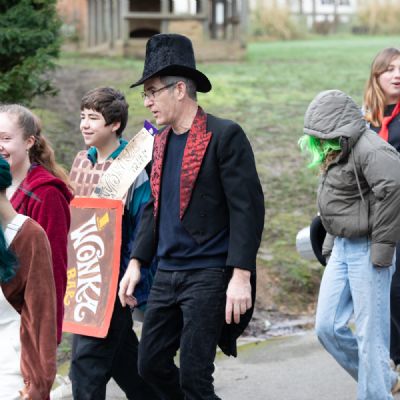
IMG1999
-
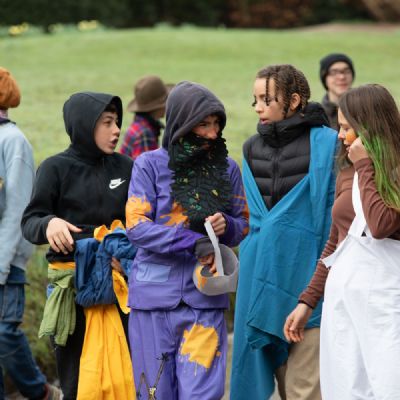
IMG2002
-

IMG2008
-
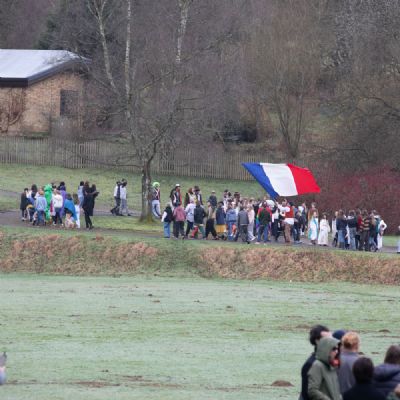
IMG2010
-
.jpg)
IMG20141)
-

IMG2016
-

IMG2017
-

IMG2019
-

IMG2022
-

IMG2023
-

IMG2025
-

IMG2027
-

IMG2028
-

IMG2034
-

IMG2035
-

IMG2043
-

IMG2045
-

IMG2046
-

IMG2048
-

IMG2051
-

IMG2056
-

IMG2060
-
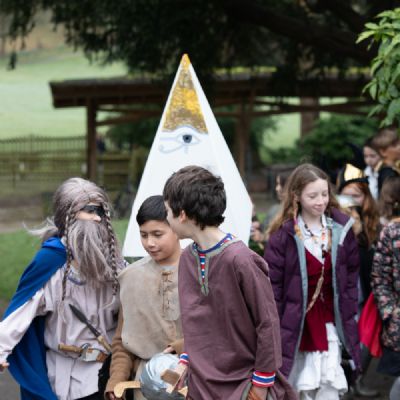
IMG2062
-

IMG2066
-
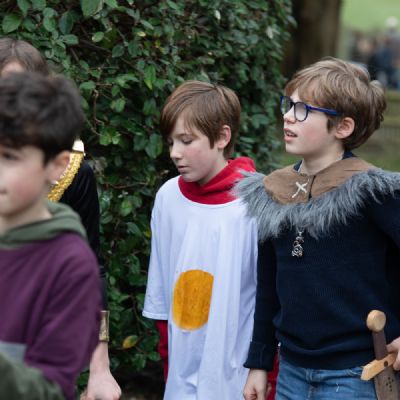
IMG2068
-

IMG2070
-

IMG2075
-

IMG2079
-
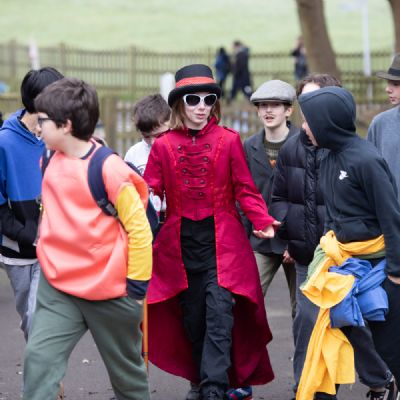
IMG2084
-
.jpg)
IMG20881)
-
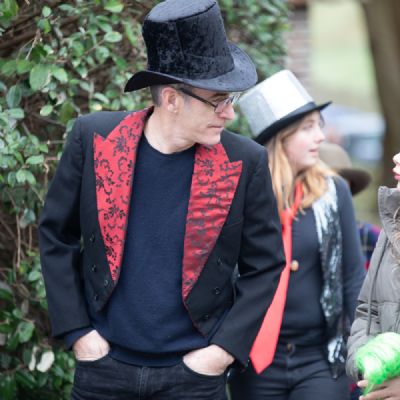
IMG2092
-
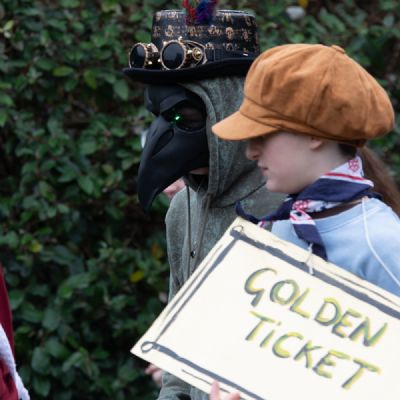
IMG2096
-
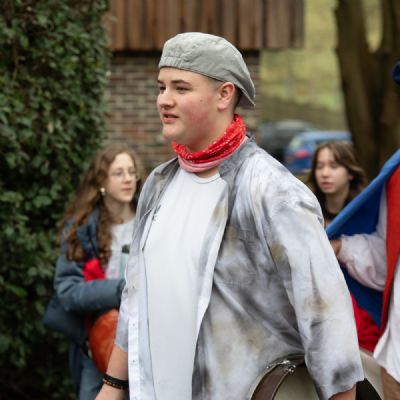
IMG2099





